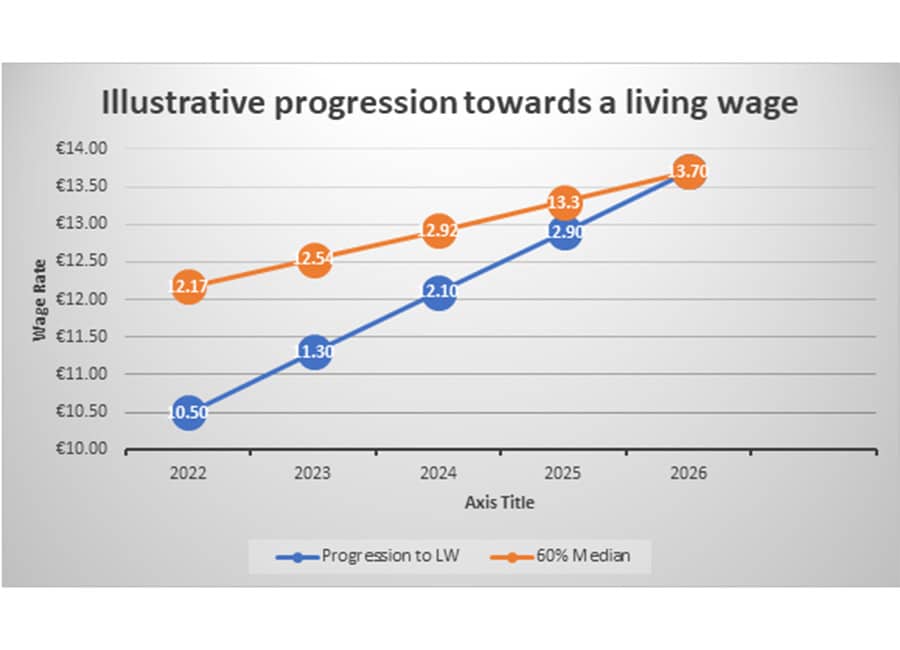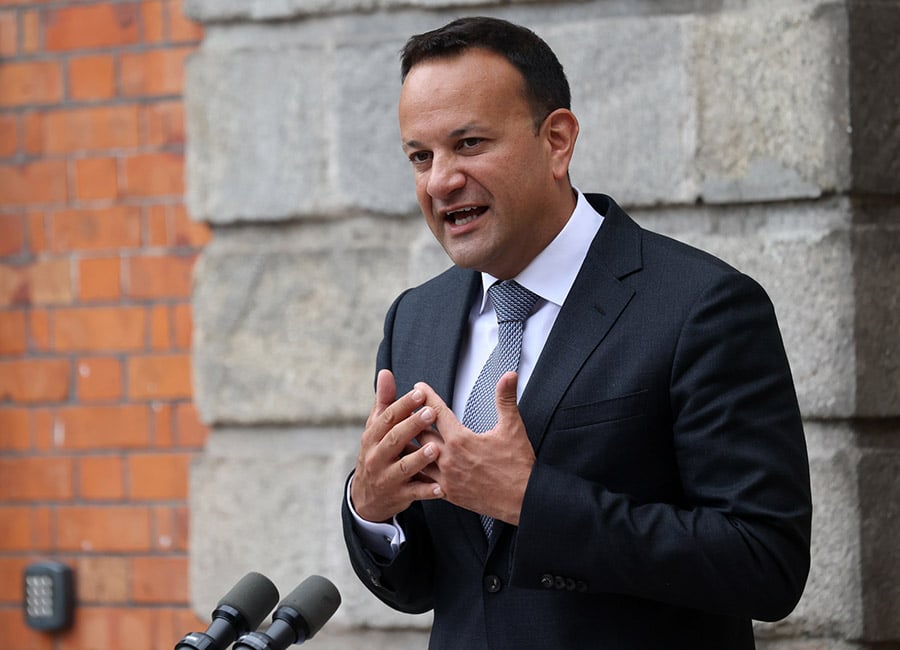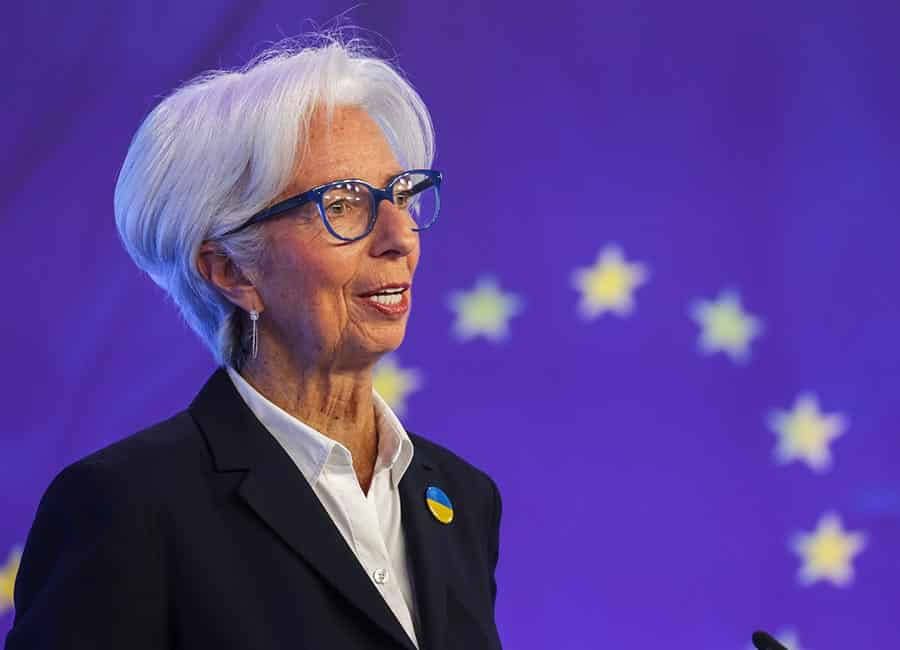The so-called Living Wage will be set at 60% of the median wage in any given year after government agreed to augment the National Minimum Wage in the coming years.
Fine Gael leader Leo Varadkar has announced that the NMW will increase every year until 2026, closing the imaginary gap with the Living Wage until they are aligned, at which point the Living Wage rate will be mandatory for all employers.
Varadkar has indicated that employers in hospitality, retail and tourism - three sectors most adversely affected by his government's Covid trading restrictions - face paying minimum wage increases of 80 cent per year - to €11.30 per hour in 2023, €12.10 in 2024, and €12.90 in 2025 - until the NMW reaches €13.70 in 2026, or 60% of the forecast median wage in 2026.
However, the annual NMW increases imposed on employers could be higher.
In 2023 it is estimated that 60% of median earnings would equate to c.€13.10 per hour, according to the Department of Enterprise, Trade and Employment.
Once the national living wage has come into effect in 2026, subject to an assessment of the impact of the change, the Low Pay Commission will advise on the practicalities of gradually increasing the targeted threshold rate towards 66% of the hourly median wage.
Justifying the increased burden on employers, the Tánaiste referenced research carried out by Maynooth Univeristy and the Low Pay Commission, which claims that a statutory wage floor of 60% of the median wage will not have substantial effects on employment.
The approach follows the lead of the UK, which introduced a 60% national living wage for workers aged over 23 in 2020 and aims to increase the living wage to 66% of median earnings by 2024.

The researchers also considered the minimum essential standard of living (MESL) approach, which would have set the living wage at 67-71% of median wages based on a basket of 2,000 goods and services.
The report authors said a living wage set using MESL would be among the highest in the world and "represent a move into the unknown in terms of an evidence base", while studies shows the UK approach as having "little evidence of adverse employment effects".
The Tánaiste commented: “Improving terms and conditions for workers must be one of the legacies of the pandemic. Across the country thousands of minimum wage workers, regardless of what job, sector or location they work in, will benefit from this increase. In addition, many more employees will feel the benefits of knock-on increases resulting from the changes.
“The introduction of a living wage is an important step we are taking towards eradicating low-wage employment for all workers and it will be implemented gradually over a four-year period.
“Extensive research and consultation took place in order to ensure we introduce the living wage in a way which will benefit workers whilst also being manageable for businesses. It’s important to get the balance right.”
ISME response
Neil McDonnell, CEO of the Irish SME Association (ISME), said that while the Varadkar plan will be politically popular, moving to a living wage will come at a serious economic and social cost, especially for lower-skilled and unskilled workers.
“The cost of this increase will be met by reduced working hours, or increased worker productivity, or increased sales prices, or a combination of all three," said McDonnell. “Where employers pass on increased wage costs by increasing the cost of foodstuffs and consumer goods, this reduces the value of the pay increase for ordinary workers.
“The most significant cost for individual workers today is that for accommodation. Adjusting the minimum wage upwards will have no impact on the affordability of housing and rental accommodation for workers as rents spiral upwards, chasing an ever-diminishing supply of accommodation.
“Ireland must face the fact that the 96% reduction in the supply of rental accommodation since 2012 is due to tax and regulatory changes which have made the provision of rental accommodation prohibitively unattractive.
“The solution to the accommodation crisis cannot be outsourced to employers since the problem is not wages. It is the non-availability of affordable accommodation. Supply is the only solution,” McDonnell added.
Photo: Enterprise minister Leo Varadkar. (Pic: Sam Boal/RollingNews.ie)











